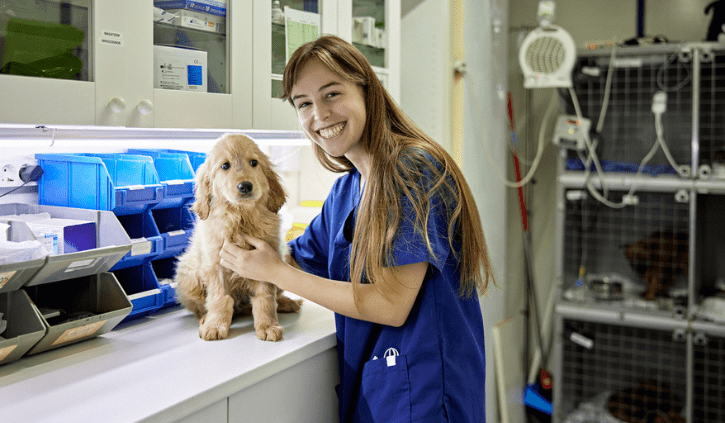
Work-based learning opportunities are making a resurgence in high schools across the country. States and districts are now requiring work-based learning experiences before students can graduate so they can get hands-on experience in a career path of interest.
Building a meaningful work-based learning program is not always easy. It takes a variety of partners from the community, workforce, and within a district to ensure all students are provided quality instruction and opportunities. Recently, the Kuder Advisory Board convened to discuss the value of work-based opportunities and the keys to conducting an effective district- or state-wide program.
Students going into a work-based learning scenario should be matched with a job in an industry that aligns to their personal interests, skills, and work values. Throughout their experience, students should have the opportunity to ask questions, to observe various roles at their workplace, and to understand the education and pathway progression required throughout a similar career.
Work-based learning is beneficial not only to students, but also to the greater community. Local workforce connections show students the opportunities that lie in their own backyard and allow businesses to start building relationships with students who may eventually work for them full-time. Dedicate the resources needed to create, sustain, and grow partnerships with local employers to ensure the district work-based learning program is able to offer worthwhile opportunities for students.
The Iowa Department of Education states that the essential elements of work-based learning include academic preparation, partnerships between education and the workforce, and an academic follow-up experience. In this model, work-based learning is not just a placeholder in a schedule for students to work during the day. This comprehensive, meaningful experience should help prepare students with the tools and knowledge they need to go into a specific workplace setting in addition to reflecting on outcomes and lessons learned following their experience. This process involves preparation and trained CTE teachers to facilitate the learning experience.
Gone are the days of merely tracking hours to measure success in work-based learning. With a comprehensive approach, schools and districts should track outcomes in meaningful learning experiences happening around work-based opportunities as well as the time spent in various types of job duties while a student is a at a learning experience. Districts can specifically track hours at a location, evidence of pre- and post-learning events, and employer and student satisfaction with their placement. Celebrate these outcomes with students, employers, and the greater community at the end of the year to highlight the benefits of this partnership.
Work-based learning not only provides invaluable job experience for students, it helps them to understand their own work values, interests, and skills. By providing opportunities for all students to experience a job in their area of interest, schools and districts help to build hope and inspiration in students regardless of their postsecondary educational pathway.
For more information on connecting your district’s purposeful work-based learning program with additional career readiness activities, visit: https://kuder.com/education-solutions/navigator/work-based-learning-tools/
Kim Oppelt, Ed.D is the Vice President of Career Readiness and Development at Kuder. Dr. Oppelt has over 20 years of experience in career and college readiness, both as a licensed school counselor and in educational technology. Throughout her career, Dr. Oppelt has worked with districts and state systems throughout the country to design and implement successful pathway planning processes, developed products and programming for K-12 students, and has conducted research on the experience of students as they develop their own career pathways. Dr. Oppelt has a B.A.S. in Health Education from the University of Minnesota Duluth, a M.S. in counseling from the University of Wisconsin-Stout, and a Doctor of Education from St. Mary’s University.